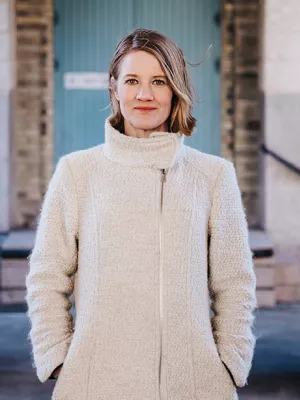
Tove Harnett
Senior lecturer | PhD in Social Work

Utifrån ålder eller behov? – Ålder som organiserande princip för stödinsatser till äldre
Author
Summary, in Swedish
Department/s
- School of Social Work
- Ageing and Eldercare
Publishing year
2020-01-13
Language
Swedish
Pages
303-303
Publication/Series
Socialvetenskaplig tidskrift
Volume
26
Issue
(3-4)
Document type
Journal article
Publisher
Forsa
Topic
- Social Work
Status
Published
Project
- Age as an organizing principle for the provision of services to persons with support needs
ISBN/ISSN/Other
- ISSN: 1104-1420

